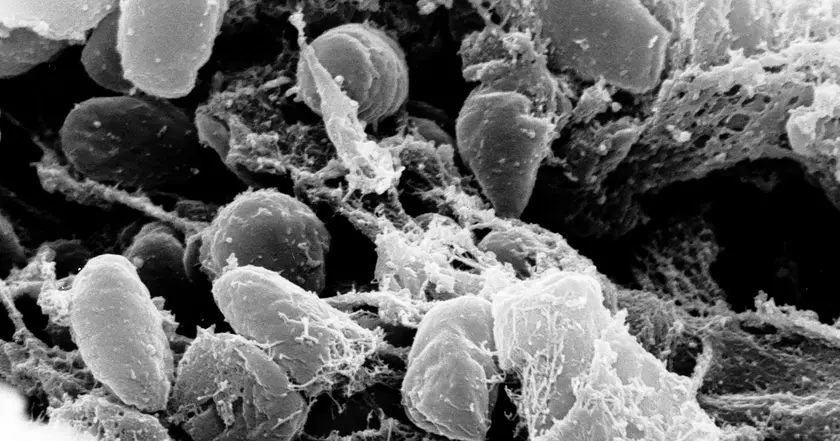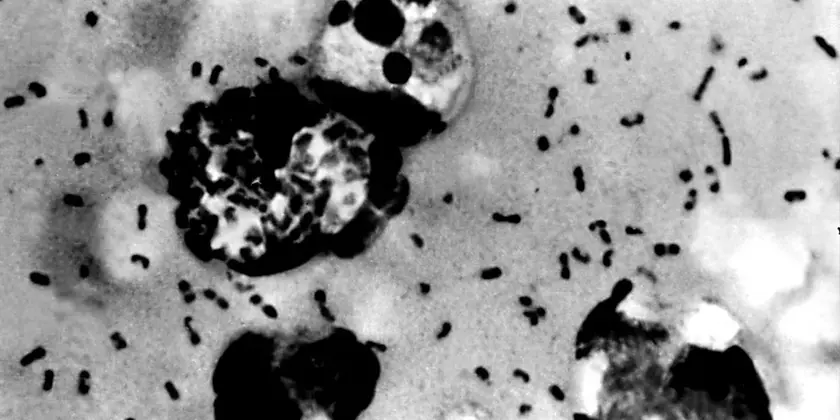T4K3.news
Plague case confirmed in South Lake Tahoe
A local resident tested positive for plague after a flea bite while camping and is recovering at home.

Health officials confirm a plague infection in South Lake Tahoe tied to a flea bite during camping, prompting guidance for outdoor recreation.
Plague case in South Lake Tahoe prompts health precautions
A resident of South Lake Tahoe has tested positive for plague after a flea bite sustained while camping in El Dorado County. The person is recovering at home. Public health officials say plague is naturally present in parts of California, including higher elevations in El Dorado County, and outdoors users should take precautions when walking, hiking or camping in areas with wild rodents.
The county notes that human cases are extremely rare but can be serious. The last local case was in 2020, with two people infected in Yosemite in 2015. Authorities have tested four rodents with the plague bacterium this year in El Dorado County, and 41 rodents tested positive from 2021 through 2024. To reduce risk, fleas spread plague after feeding on infected wildlife. Dogs and cats can carry infected fleas into homes. People should keep pets leashed and away from rodent burrows, avoid touching sick or dead rodents, and use DEET on socks and pant cuffs. Symptoms include fever, nausea, weakness and swollen lymph nodes. Antibiotics can treat plague if detected early.
Key Takeaways
"Plague is naturally present in many parts of California, including higher elevation areas of El Dorado County."
Official statement from El Dorado County health officials
"It’s important that individuals take precautions for themselves and their pets when outdoors."
Public health guidance cited by county official
"Plague bacteria are most often transmitted by flea bites after the fleas acquired the bacteria from infected squirrels."
Vector transmission explanation included in health guidance
"Plague can be treated with antibiotics if detected early."
Treatment guidance for patients
This case shows that outdoor life and health safety are linked in real time. A single local case in a popular tourist area can ripple through communities and shape how trails are used and how information is shared.
Looking ahead, the region will need steady vector control and clear, practical guidance for hikers and pet owners. Officials may face questions about funding and timing of surveillance, but consistent messaging helps people act calmly rather than fearfully.
Highlights
- Plague is present in California in pockets of wildlife
- Protect pets and people when exploring wild areas
- Tiny fleas carry big risks in wild places
- Stay cautious outdoors even on familiar trails
Public health work continues as awareness grows.
Enjoyed this? Let your friends know!
Related News

Plague case confirmed in Tahoe resident

Plague case confirmed near Lake Tahoe

California Plague Case Confirmed

Plague case reported in South Lake Tahoe

Confirmed death from brain-eating amoeba in South Carolina

South Carolina confirms death from brain-eating amoeba

Pediatric death linked to brain-eating amoeba

Patient dies from brain-eating amoeba in South Carolina
